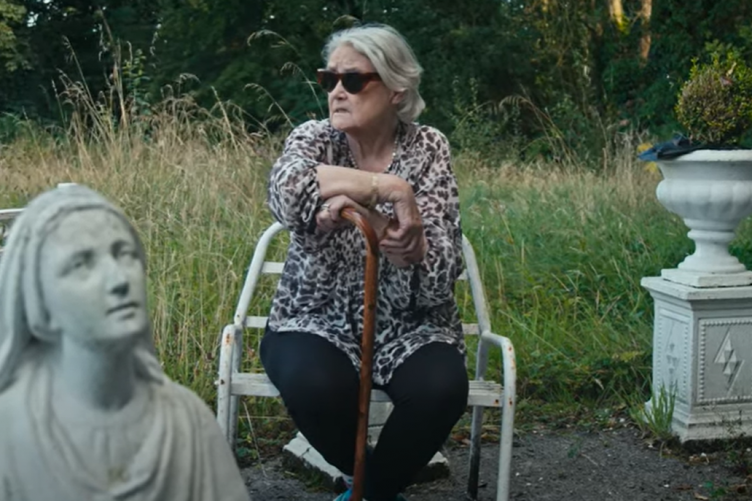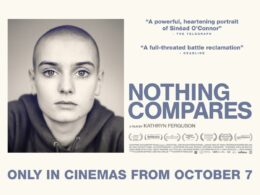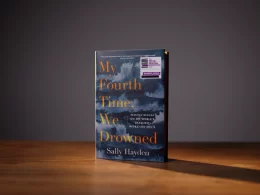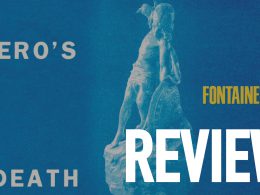Reviewed by Aislinn O’ Keeffe
‘God’, for the better part of the 20th century, was omnipresent in Ireland. Claimed to be manifest in the institution of the Catholic Church, its noxious tendrils twined around the home, school, hospitals, the Gardaí, workplaces and institutions. The Church, and its teachings, were as all-encompassing as oxygen. These are some of the many astute observations that permeate Sinead O’ Shea’s powerful new documentary Pray for Our Sinners.
O’ Shea pulls no punches in describing the theocracy that was ‘Catholic Ireland’ and the myriad horrors and abuses meted out to the most vulnerable by the infamous church / state alliance. The documentary presents a microcosm centred around a small community in Navan. It makes short shrift of the recent rhetoric by establishment politicians who claim that the people of Ireland are equally culpable for the atrocities of this theocracy, and exposes the culture of fear that permeated the populace. Despite the far-reaching power of the Church, however, voices of resistance sprung forth including in Navan.
The catalyst for the Navan resistance was the presentation of local children at the clinic of couple Dr. Mary and Paddy Randles with injuries they sustained at the hands of their teachers in the local primary school run by a religious order. This led the Randles into a campaign to outlaw the practice of corporal punishment in Irish schools. Brave locals such as Norman Murray and his mother spoke out also, leading to the effective dismissal of nine-year-old Norman from the local school. The Randles were subjected to a campaign of intimidation in the community.
In addition to speaking out on this issue, the Randles came to the aid of at least two young women who had become pregnant outside of marriage. In both cases, they were able to prevent the adoption of their babies, against their mothers’ will and reunite the women with their newborns.
Mary Randles also spoke of how women who didn’t want to have more children had to seek the permission of local parish priest Fr. Andrew Farrell, and doctors who didn’t agree with the use of contraception refused to prescribe it.
This has many echoes of the current situation regarding abortion in Ireland where doctors and pharmacists can legally make a ‘conscientious objection’ to providing abortion pills and emergency contraception, meaning that many of those in need may find access to this healthcare difficult.
One participant churns out the well-worn phrase ‘those were different times’. However, Pray for Our Sinners makes it very clear that the tendrils of the Catholic Church still have our education and healthcare systems in a chokehold today with a whopping 91% of our primary schools under Catholic patronage. Readers won’t forget that the current Fianna Fáil / Fine Gael / Green Party government attempted to seal the testimonies of victims of Mother and Baby Homes in 2021, a move which could only have served to cover up the injustices inflicted on these victims. They are also effectively gifting our taxpayer funded National Maternity Hospital to a religious order embroiled in some of these same atrocities against women and children, showing that church and state are still intimately intertwined.
The inclusion of the phenomenal repeal the 8th movement for abortion rights, is a cogent reminder that many acts of resistance have led to the great strides in progress that Ireland has seen in a few short decades. This progress has been met with fierce opposition from the dual powers of Church and state at every step of the way. Despite the opposition from these powerful institutions, organised mass movements have emerged victorious, a fact that we cannot lose sight of as we see new attacks on women’s rights, trans rights, and on our living standards in Ireland and around the world. The compelling closing message of O’ Shea’s work is this – resistance is always possible.












